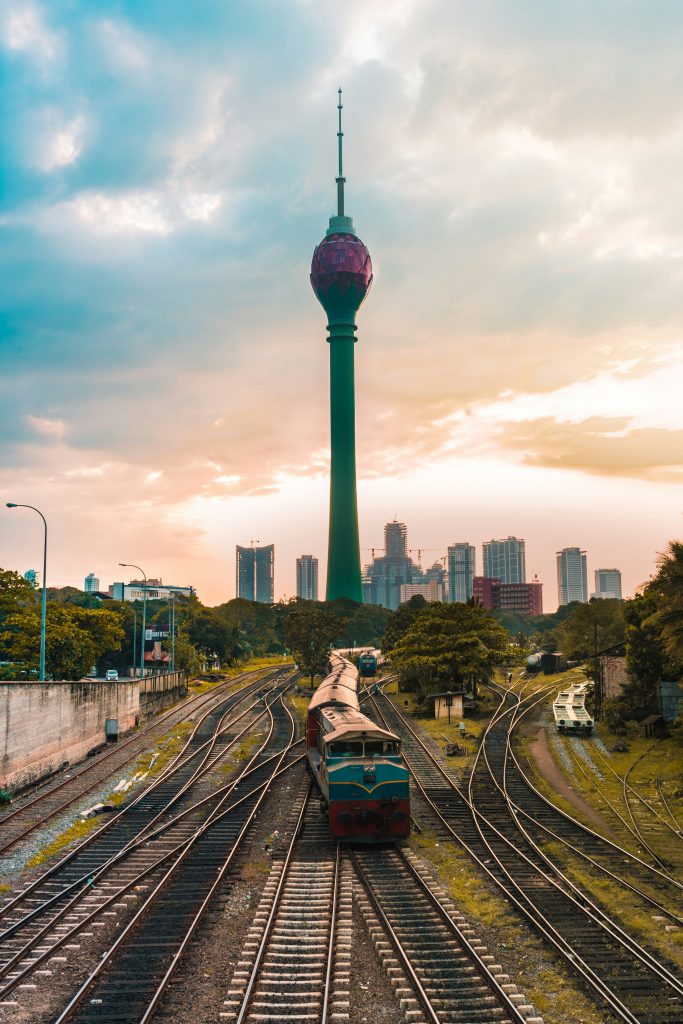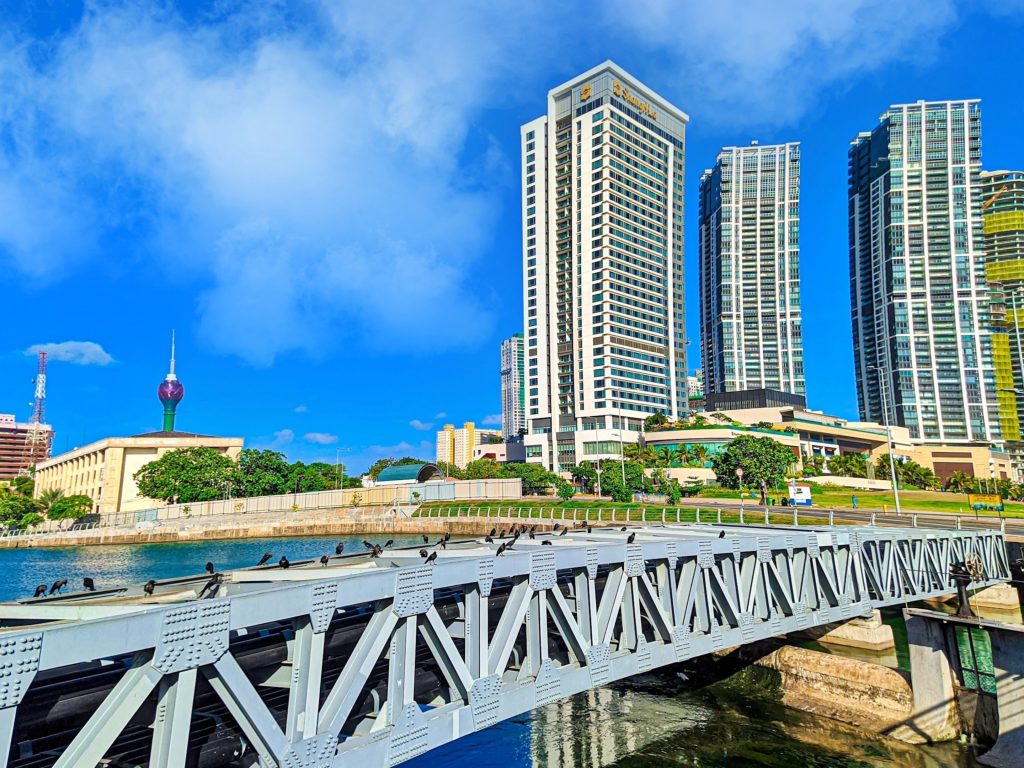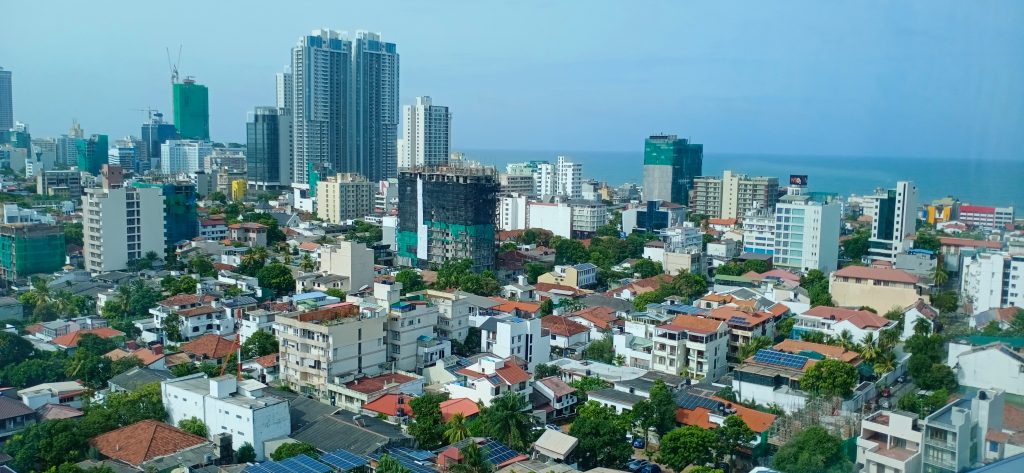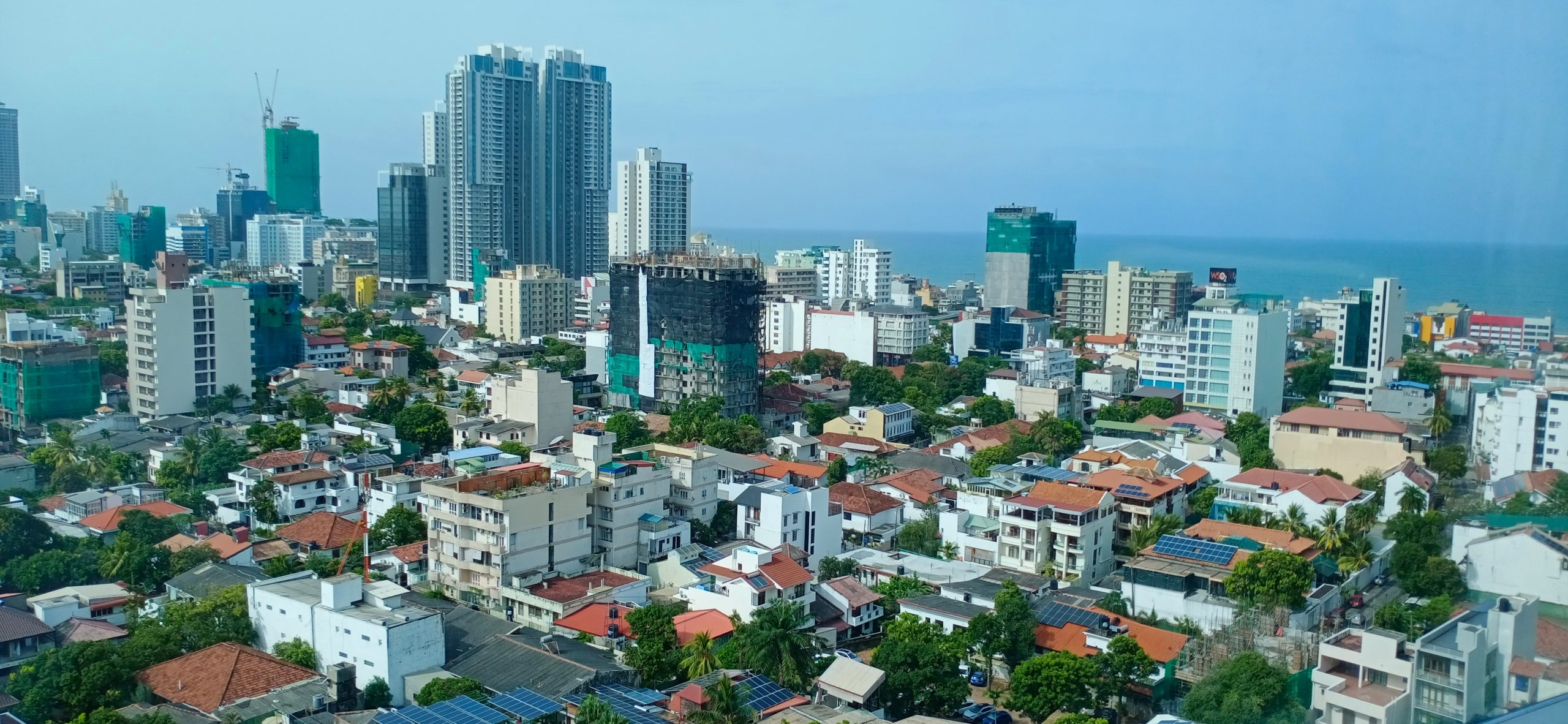Colombo, the bustling metropolis nestled on the shores of Sri Lanka, stands as the commercial heartbeat of the nation. As the executive and judicial capital, it is the largest city by population, playing a pivotal role in the country’s economic landscape. Beyond its modern skyline and vibrant streets, Colombo boasts a rich historical tapestry that adds depth to its identity.
Question: what is the commercial capital of Sri Lanka?
Once the official capital of Sri Lanka, Colombo has gracefully transitioned into an economic hub, steering the nation’s financial activities with finesse. This transition underscores the city’s adaptability and resilience, making it a testament to the dynamic nature of urban evolution. According to the Brookings Institution, the Colombo metropolitan area is a key player in shaping the economic trajectory of the country.

Historical Charm of Colombo
Colombo, the commercial capital of Sri Lanka, is not merely a bustling city; it’s a living testament to a rich colonial history that has left an indelible mark on its landscape. The echoes of the past reverberate through the colonial structures that dot the city, narrating tales of a bygone era.
- Colonial Heritage: Colombo’s colonial past dates back centuries, when it served as a strategic port for various European powers. The Portuguese, Dutch, and British each left their architectural imprint, creating a mosaic of styles that define the city’s charm.
- Architectural Splendors: The cityscape is adorned with colonial-era gems, from majestic government buildings to quaint residential quarters. The architecture reflects the influences of different colonial rulers, showcasing a blend of European styles with local adaptations.
- Remnants of Elegance: Wandering through Colombo’s streets is like stepping into a living history book. Cobblestone streets, charming facades, and grand towers are remnants of a time when Colombo was a hub of colonial activity.
- Unique Charm: The remnants of the colonial era contribute significantly to Colombo’s unique charm. They serve as a visual narrative, allowing locals and visitors to connect with the city’s multifaceted past. The juxtaposition of modernity against colonial heritage creates a dynamic urban environment that is both nostalgic and forward-looking.
Colombo’s Role as Sri Lanka’s Central Commercial Hub
Colombo is the beating heart of Sri Lanka’s economic landscape, serving as the epicenter of commerce and trade. Its strategic location and historical significance have propelled it to become an economic powerhouse, with diverse industries driving its prosperity.
1. Central Commercial Hub
Colombo’s status as the commercial capital is not merely symbolic; it reflects the city’s pivotal role in fostering economic growth. The city’s well-connected port and infrastructure make it the preferred center for trade activities, both domestic and international.
2. Key Industries
Colombo hosts a myriad of key industries that contribute significantly to the city’s economic vitality. Each sector plays a crucial role in shaping Colombo’s economic landscape, from finance and information technology to manufacturing and tourism.
3. Financial Hub
The city boasts a robust financial sector, with its share of banks, financial institutions, and stock exchanges. Colombo’s financial prowess extends beyond national boundaries, attracting international investors and establishing itself as a financial hub in the South Asian region.
4. Trade and Commerce
Colombo’s port, one of the busiest in South Asia, facilitates extensive trade activities. Import and export businesses thrive, creating a dynamic marketplace that fuels economic growth. The city’s commercial districts are vibrant hubs of activity, showcasing the bustling nature of trade in Colombo.
5. Technological Advancements
The rise of the information technology sector has added a new dimension to Colombo’s economic profile. The city embraces technological advancements, fostering innovation and attracting tech-savvy businesses.

Colombo’s Skyline and Architectural Balance
Colombo’s skyline is a testament to the city’s evolution into a modern metropolis, seamlessly blending contemporary marvels with its rich historical backdrop.
1. Skyscrapers and Business Districts
The modern face of Colombo is defined by its impressive skyscrapers and bustling business districts. Towers like the World Trade Center and the Lotus Tower dominate the skyline, symbolizing the city’s economic prowess and growth.
2. Architectural Harmony
Colombo’s ability to balance tradition and progress in its architecture sets it apart. Amidst the towering structures, colonial-era buildings like the Old Parliament and the Old Dutch Hospital maintain a harmonious coexistence, creating a unique visual tapestry.
3. Fusion of Old and New
Colombo’s architectural landscape is a fusion of old and new, with modern glass facades beside historic structures. This blend reflects the city’s commitment to preserving its cultural heritage while embracing future opportunities.
4. Iconic Landmarks
Landmarks such as the Colombo Port City project add a futuristic touch to the cityscape, showcasing Colombo’s ambition to be a global business hub. These iconic structures contribute to the modern identity of Colombo while respecting its storied past.
5. Sustainable Development
Colombo also champions sustainable development, incorporating eco-friendly designs in its modern structures. Green spaces and environmentally conscious buildings demonstrate the city’s commitment to a balanced and sustainable urban environment.
Tourist Delights in Colombo
Beyond its bustling business districts, Colombo unfolds as a captivating destination for tourists, offering a rich tapestry of cultural sites, vibrant markets, and a scenic coastline.
1. Cultural Gems
Colombo boasts a treasure trove of cultural attractions. From the iconic Gangaramaya Temple and the historic Independence Square to the captivating National Museum, visitors can immerse themselves in the city’s rich history and cultural heritage.
2. Vibrant Markets
The city comes alive with vibrant markets like Pettah, where a kaleidoscope of colors and aromas awaits. Pettah Market offers a sensory experience, with bustling streets filled with stalls selling spices, textiles, and many local goods, providing a true taste of Colombo’s authenticity.
3. Scenic Coastline
Colombo’s scenic coastline is a breath of fresh air for tourists seeking relaxation. Galle Face Green, a vast ocean-side promenade, invites visitors to enjoy stunning sunsets, local street food, and a stroll along the Indian Ocean.
4. Architectural Marvels
Architectural wonders such as the Lotus Tower and Old Dutch Hospital add a modern flair to the city’s landscape, contributing to Colombo’s appeal as a blend of tradition and contemporary allure.
5. The Port City Project
The ongoing Port City Project promises to be a future attraction, offering a mix of residential, commercial, and recreational spaces, further enhancing Colombo’s tourist appeal.
Conclusion: commercial capital of Sri Lanka
Colombo, Sri Lanka’s commercial capital, harmoniously blends history and modernity. From its bustling markets to iconic landmarks and a skyline adorned with skyscrapers, Colombo is a testament to the nation’s economic vibrancy.

As a central hub for commerce and trade, Colombo thrives in diverse industries, including tourism, tea exports, and manufacturing. Initiatives like the Port City Colombo project underscore the city’s dedication to economic development and regional influence.
The architectural landscape, a fusion of colonial remnants and contemporary structures, appeals to both business travelers, with commercial districts and trade centers, and tourists, lured by cultural sites, vibrant markets, and a scenic coastline.
Navigating through Colombo offers a rich experience, exploring its colonial past vibrant business districts, and enjoying the diverse culinary and cultural offerings. Colombo, the heartbeat of Sri Lanka’s economic and cultural activities, is a dynamic metropolis catering to a spectrum of interests—a city that seamlessly integrates commerce and leisure.




